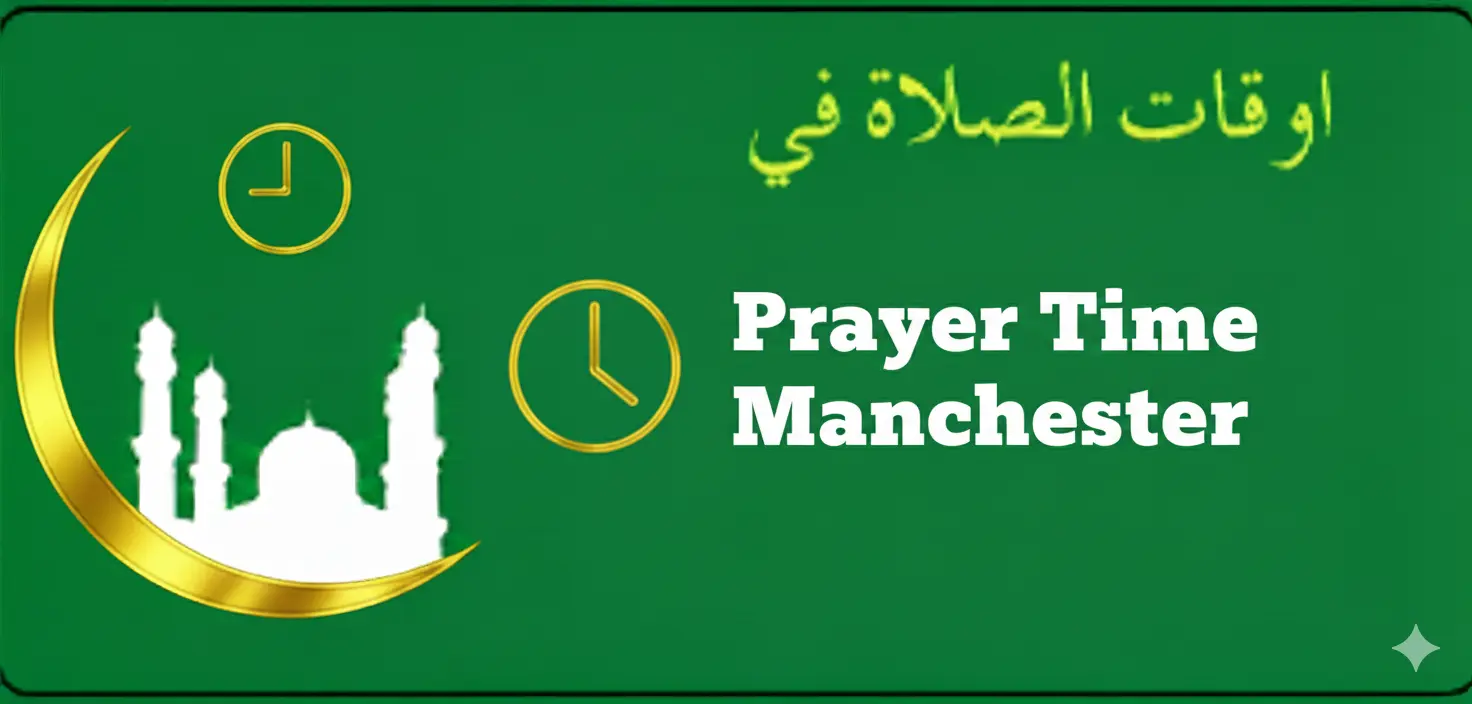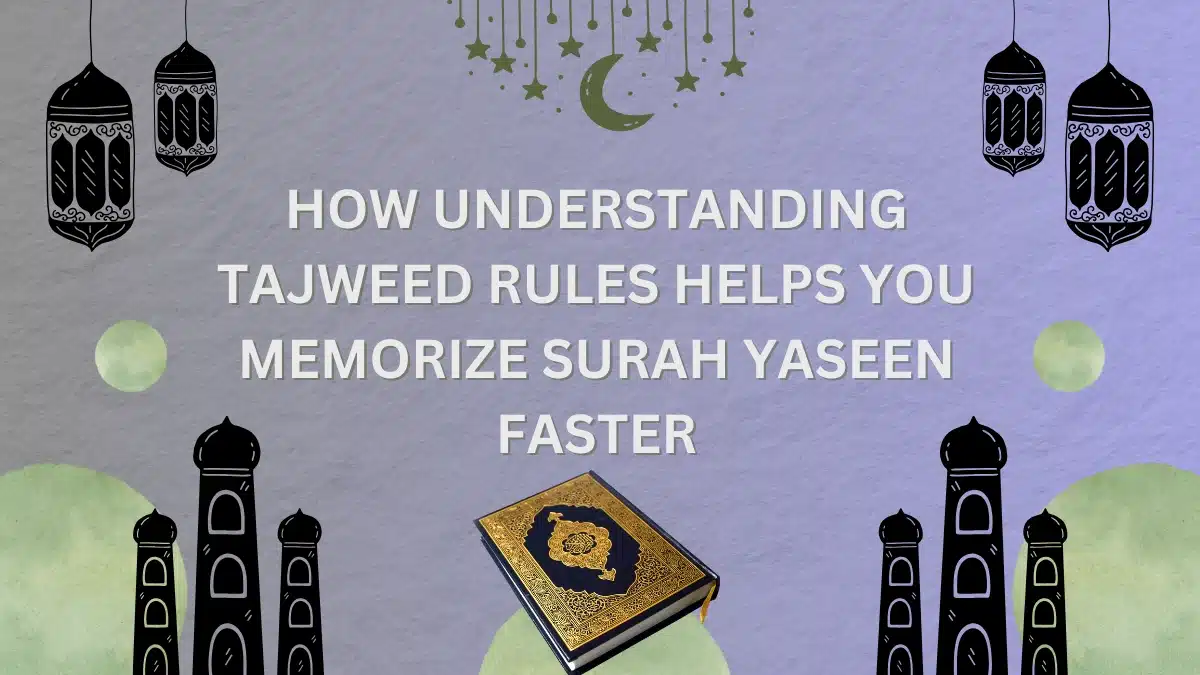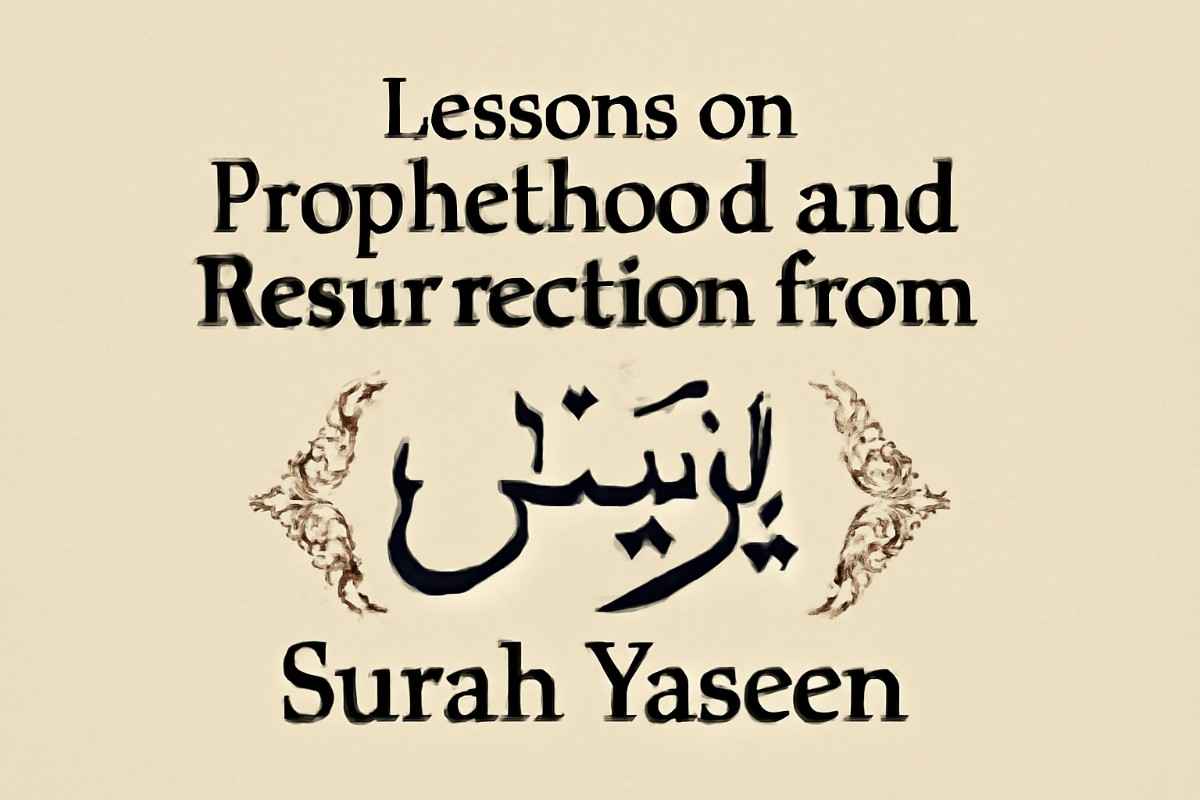The Five Pillars of Islam are the most important practices for Muslims. They help guide their faith and how they live their everyday life. These pillars are acts of worship and show how Muslims should behave and connect with Allah (God). Understanding these pillars is important because they help Muslims stay close to Allah and live a good life.
Pillars of Islam in Order
The Five Pillars of Islam are:
-
Shahada (Faith) – This is the belief that there is only one God (Allah) and that Prophet Muhammad (PBUH) is His messenger. Saying the Shahada (the declaration of faith) is the most important thing a Muslim believes.
-
Salat (Prayer) – Muslims pray five times a day to stay connected to Allah. These prayers are at set times during the day: Fajr (morning), Dhuhr (afternoon), Asr (evening), Maghrib (sunset), and Isha (night).
-
Zakat (Charity) – Muslims give a small part of their money (2.5%) to help those who are poor or in need, this is called Zakat. This is important to share wealth and help others.
-
Sawm (Fasting) – Muslims fast during the month of Ramadan. Fasting means not eating or drinking from sunrise to sunset. It teaches self-control and helps Muslims understand how it feels to be hungry.
-
Hajj (Pilgrimage) – Muslims who are able to travel go to Mecca in Saudi Arabia to perform Hajj. It is a special trip that every Muslim must do once in their lifetime if they can.
Five Pillars of Islam in English
Here’s a simple explanation of the Five Pillars in English:
-
Shahada: Saying that there is no god but Allah, and Muhammad (PBUH) is His final messenger.
-
Salat: Praying five times a day to stay close to Allah.
-
Zakat: Giving money to help people who are poor.
-
Sawm: Fasting (not eating or drinking) during Ramadan.
-
Hajj: Going on a Pilgrimage to Mecca at least once in your lifetime if you can.
Five Pillars of Islam in Urdu
اسلام کے پانچ ستون مسلمانوں کی عبادات کی بنیاد ہیں:
-
شہادہ: یہ ایمان کا اقرار ہے کہ اللہ کے سوا کوئی خدا نہیں اور محمد صلی اللہ علیہ وسلم کی نبوت کا اقرار۔
-
نماز: روزانہ پانچ بار اللہ کی عبادت کرنا۔
-
زکات: غریبوں کو پیسہ دینا۔
-
روزہ: رمضان کے مہینے میں کھانا پینا چھوڑنا۔
-
حج: مکہ مکرمہ کا سفر کرنا۔
Pillars of Islam in Quran
The Five Pillars of Islam are mentioned in the Quran, which is the holy book for Muslims. Here are some examples:
-
Shahada (Faith): “There is no god but Allah, and Muhammad is His Messenger.” (Quran, Surah Muhammad, 47:19)
-
Salat (Prayer): “Indeed, prayer has been decreed upon the believers a decree of specified times.” (Quran, Surah An-Nisa, 4:103)
-
Zakat (Charity): “Take from their wealth a charity by which you purify them and cause them increase…” (Quran, Surah At-Tawbah, 9:103)
-
Sawm (Fasting): “O you who have believed, decreed upon you is fasting…” (Quran, Surah Al-Baqarah, 2:183)
-
Hajj (Pilgrimage): “And proclaim to the people the Hajj. They will come to you on foot…” (Quran, Surah Al-Hajj, 22:27)
Pillars of Islam in Arabic
The Five Pillars in Arabic are:
-
الشهادة (Shahada)
-
الصلاة (Salat)
-
الزكاة (Zakat)
-
الصوم (Sawm)
-
الحج (Hajj)
These are the Arabic terms for the Five Pillars that every Muslim follows.
Pillars of Iman
In addition to the Five Pillars of Islam, there are also the Five Pillars of Iman (Faith), which are:
-
Belief in Allah: There is only one God, Allah.
-
Belief in Angels: Muslims believe in angels who do Allah’s work.
-
Belief in the Books of Allah: Muslims believe in the holy books Allah sent, like the Quran, Torah, Psalms, and Gospel.
-
Belief in the Prophets: Muslims believe in the prophets Allah sent, with Prophet Muhammad (PBUH) being the last.
-
Belief in the Day of Judgment: Muslims believe that everyone will be judged by Allah for their actions.
-
Belief in Qadar (Divine Decree): Muslims believe that everything happens by Allah’s will.
What Are the Five Pillars of Islam and What Do They Mean?
The Five Pillars of Islam are not just acts of worship—they represent the core values that define a Muslim’s life. Here’s what each pillar means:
-
Shahada (Faith): Saying the Shahada is a declaration that Allah is the one true God and Muhammad (PBUH) is His last prophet. It’s the core belief that all other practices in Islam are based on.
-
Salat (Prayer): Praying five times a day is a way to stay close to Allah and remember Him. It helps Muslims stay focused on their faith and take a break from daily tasks.
-
Zakat (Charity): Giving charity is important because it helps those in need and purifies a Muslim’s wealth. It teaches Muslims to be kind and generous.
-
Sawm (Fasting): Fasting teaches Muslims to have patience and self-control. It also helps them feel empathy for the poor.
-
Hajj (Pilgrimage): Hajj is a journey that brings Muslims together to show unity and humility before Allah.
Pillars of Islam for Kids
The Five Pillars can be explained to kids like this:
-
Shahada: Saying “There is no god but Allah” and “Muhammad is His Prophet.”
-
Salat: Saying your prayers five times a day.
-
Zakat: Helping others by giving some of your money to those in need.
-
Sawm: Fasting during Ramadan, meaning no food or drink during the day.
-
Hajj: Going to Mecca to visit the holy places where Prophet Ibrahim (PBUH) lived.
FAQ,s
Who is the 6th pillar in Fire Force?
There is no official “6th pillar” in Fire Force. The series doesn’t include one, but fans may refer to certain characters or elements as unofficial “pillars.”
2. What are the 6 pillars of Islam in Arabic?
The 6 Pillars of Islam are:
-
الإيمان بالله (Belief in Allah)
-
الإيمان بالملائكة (Belief in Angels)
-
الإيمان بالكتب السماوية (Belief in the Holy Books)
-
الإيمان بالرسل (Belief in the Prophets)
-
الإيمان باليوم الآخر (Belief in the Day of Judgment)
-
الإيمان بالقدر (Belief in Qadar – Divine Decree)
3. What is the meaning of “submission” in Islam?
“Submission” in Islam means submitting to the will of Allah and following His commands as revealed through the Prophet Muhammad (PBUH).
4. What is the 6th article of faith in Islam?
The 6th article of faith is Belief in Qadar (Divine Decree), which means believing that everything happens according to Allah’s will and plan.
Conclusion
The Five Pillars of Islam are the heart of a Muslim’s life. They teach believers how to live a life that pleases Allah while helping others and being disciplined. These pillars guide Muslims every day and remind them of their connection to Allah, the importance of helping others, and the unity of the Muslim community.








